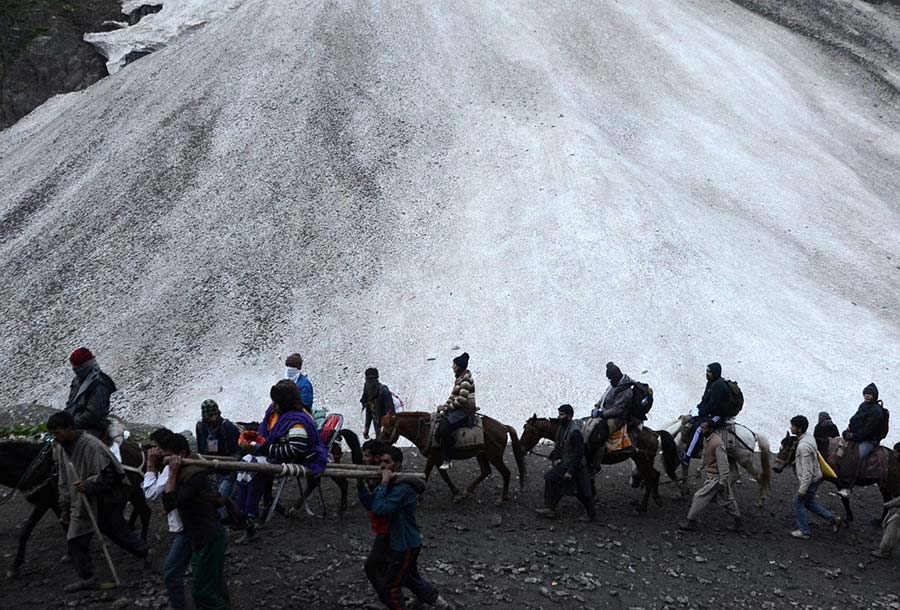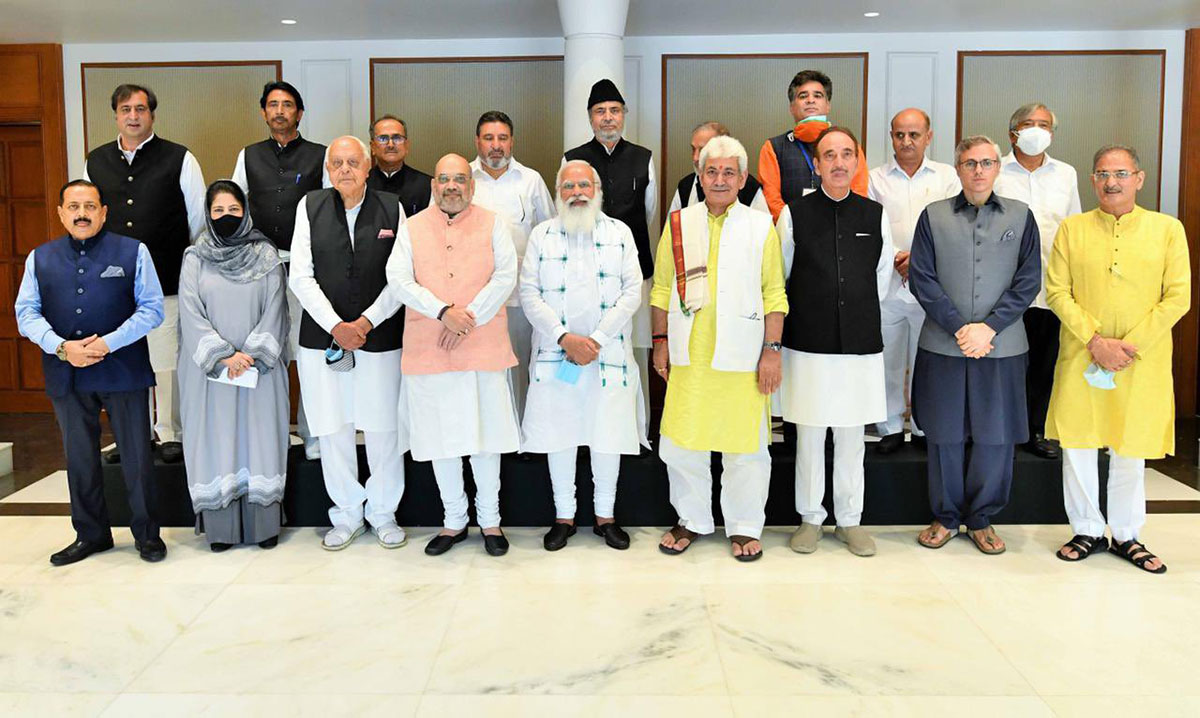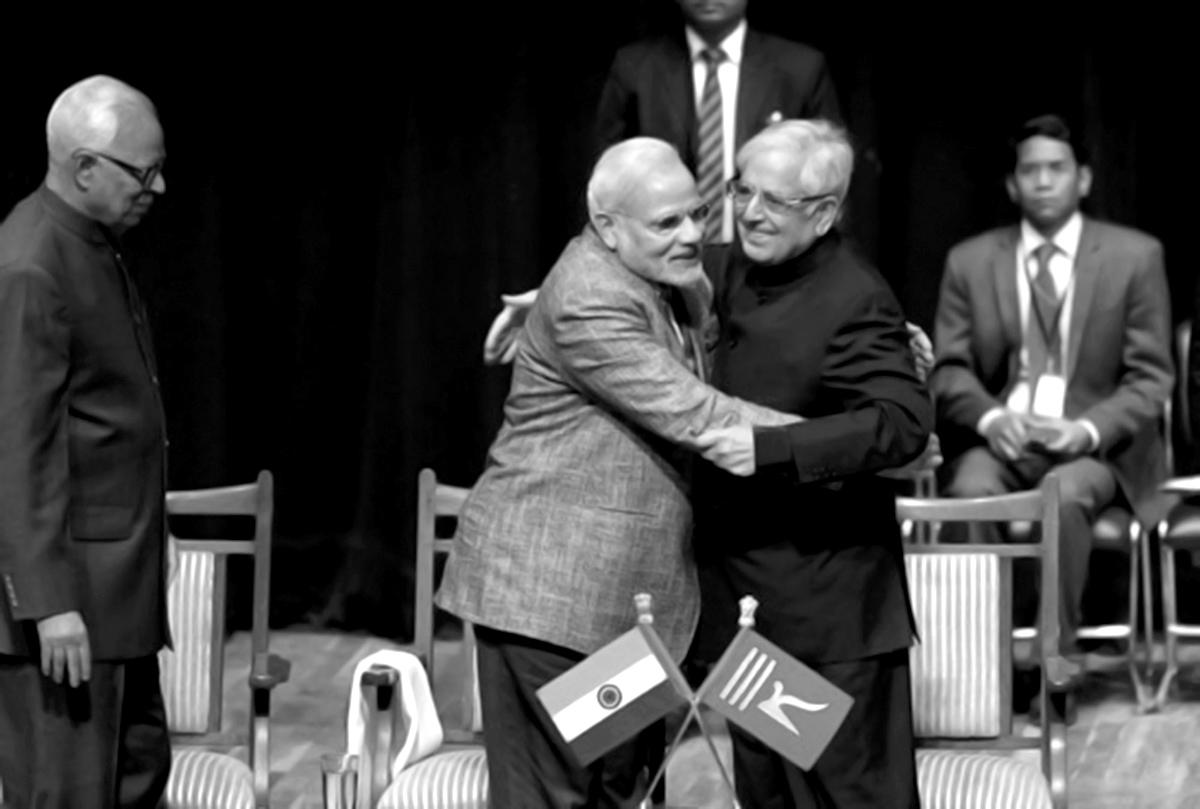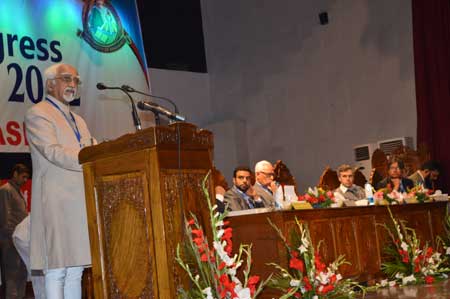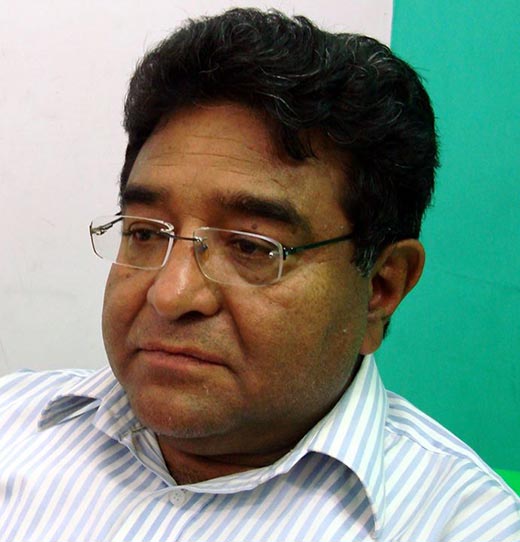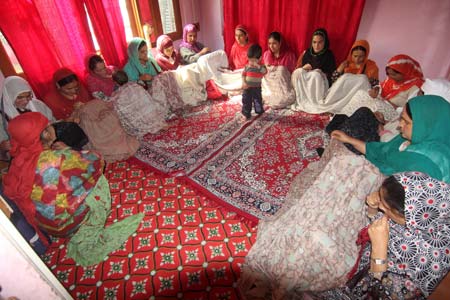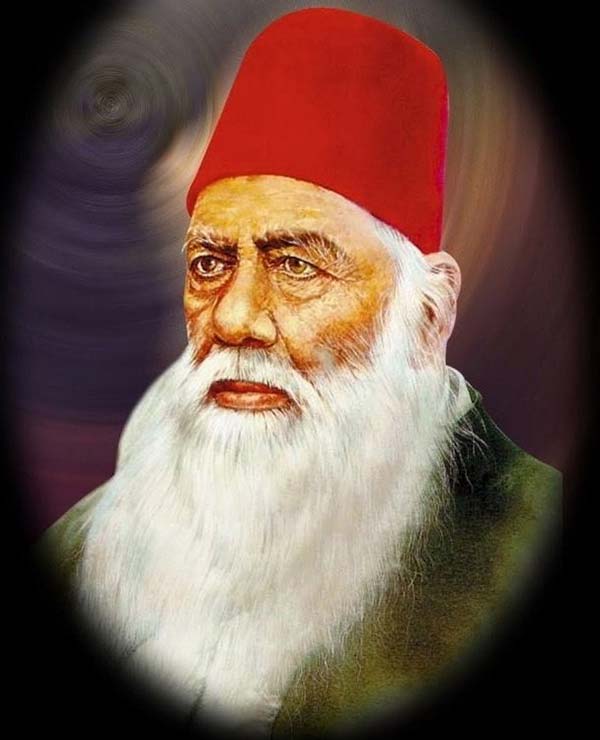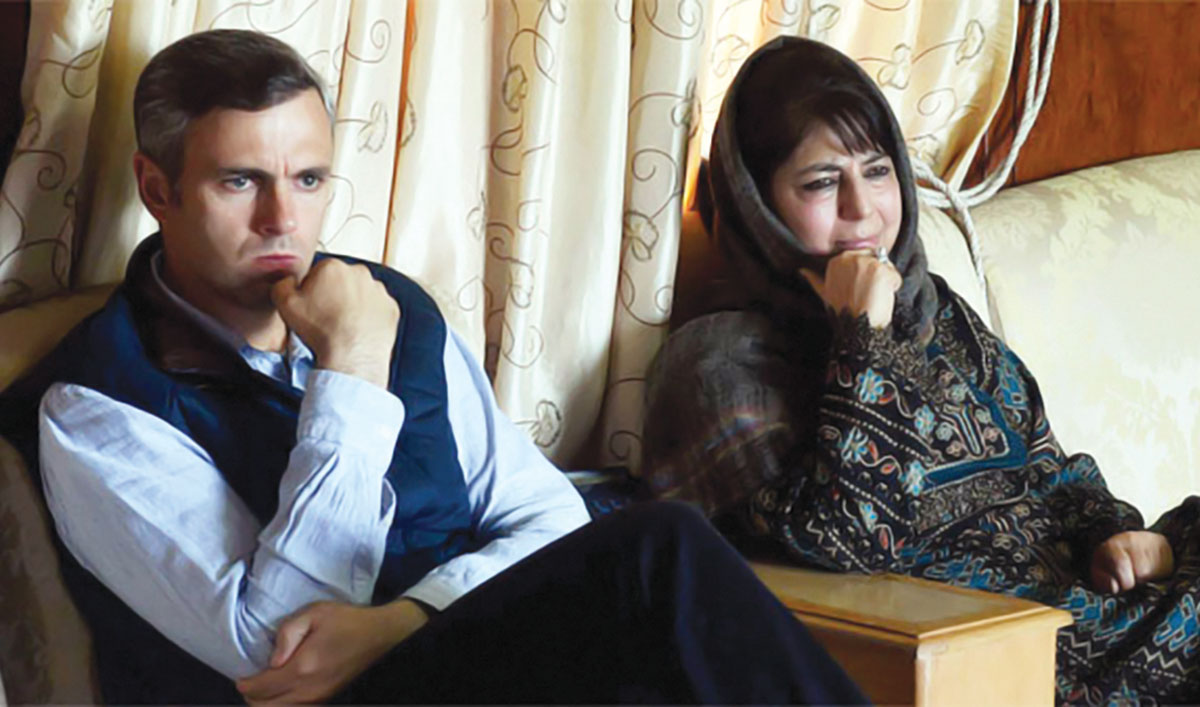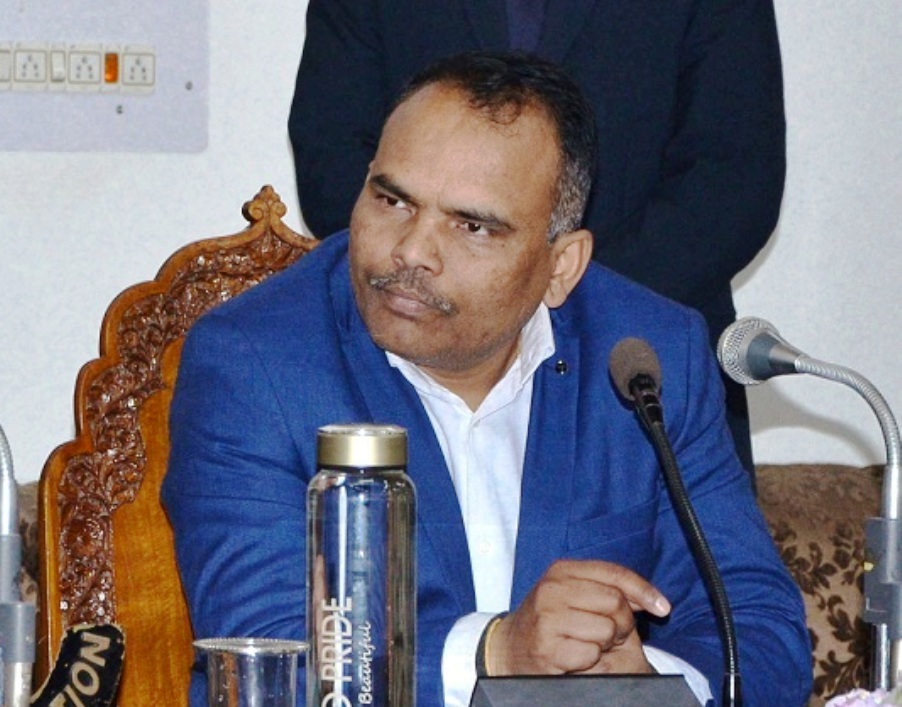Checkmating BJP
Gandhian Politics
Deconstructing Mufti
The Charity Debate
Decontrolled Mutton
She deserves graceful commuting
Nikah Mubarak
Ansari’s Convocation Address
Dr Gull Muhammad Wani
The fact that Vice President of the Republic of India concluded his convocation address by quoting Edmund Burke that “the only thing necessary for triumph of evil is for good men to do nothing” is an intellectual provocation to people in the arena of public life, academia and other sectors to explore multiple meanings of his convocation address.
The central idea of Hamid Ansari’s convocation address was to chalk out a vision for India in 21st century in which he found that smaller identities have to coexist with the larger identity that India constitutes. He believes that in a composite nationalism, the smaller identities can only be integrated with the larger identity and there is no scope for assimilation. He examined the issues of deprivation and alienation and found that it is the powerlessness which drives out the smaller identities and pushes them into the alienation trap.
Boredom Is Creative?
Baptised By Fire
Why #Uni4Kashmir?
A Century of Bloodshed
Bark, Bite and Shahtoosh
Naeem Akhtar
Nehru Gandhi connection with Kashmir can never be overemphasised as long as our problems rooted in partition of the subcontinent persist. And Kashmir will continue to be a black spot on the name of Jawaharlal who undoubtedly was a great lover of the place.


